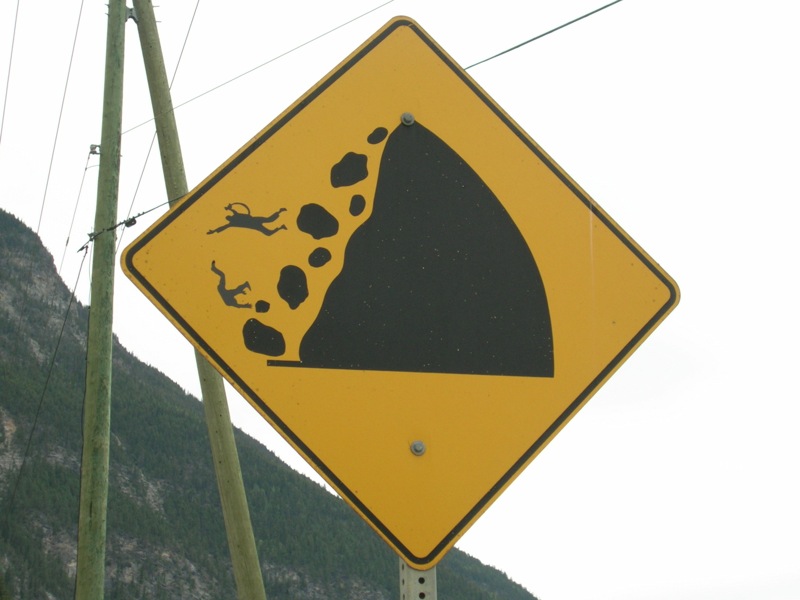 Researchers for the Boston Federal Reserve Bank have analyzed the financial aspects of home ownership in Massachusetts between 1989 and 2007. In a working paper available here, economists Kristopher Gerardi, Adam Shapiro and Paul Willen shed some light on why people default on their mortgages and why they allow lenders to foreclose on their homes. The dominant factor, they say, is not abusive subprime mortage marketing, or widespread securitization of mortgages. It's falling home prices.
Researchers for the Boston Federal Reserve Bank have analyzed the financial aspects of home ownership in Massachusetts between 1989 and 2007. In a working paper available here, economists Kristopher Gerardi, Adam Shapiro and Paul Willen shed some light on why people default on their mortgages and why they allow lenders to foreclose on their homes. The dominant factor, they say, is not abusive subprime mortage marketing, or widespread securitization of mortgages. It's falling home prices.Like elsewhere in the US, Massachusetts experienced a spike in home mortgage foreclosures during 2006 and 2007. The authors conclude that home ownership financed by subprime mortgages end up in foreclosure almost 20 percent of the time, more than six times more than for homeowners with prime mortgages. Homeowners who have suffered a 20 percent or greater decline in home value are about 14 times more likely to experience foreclosure compared to homeowners whose property increased in value by 20%. The increase in percentage of subprime mortgages created a class of homeowners who were particularly sensitive to declining home values.
This makes perfect sense. Mortgage foreclosure is one of several options to homeowners. When home prices are rising, homeowners caught short on cash for mortgage payments can sell their homes for enough to cover their obligation. Or, they can use their equity to refinance their mortgage at an affordable rate. Negative equity does not necessarily point to borrower default. A borrower will adjust cash flow to make home payments whenever possible to avoid losing the chance to reap an increase in home value in the future.
The authors forecast that over the next twelve years, 18 percent of subprime mortgagors will experience foreclosure compared to only 3 percent of prime mortgagors. They see the glass both half empty and half full. 82 percent of all subprime mortgagors will end up making payments, refinancing or otherwise staying in their homes for at least 12 years (compared to 97 percent of prime mortgagors).
High foreclosure rates are bad news for communities. Homeowners caught in the perfect storm face the loss of their home and the destruction of their wealth. Multi-unit housing is experiencing default at more than double the rate for single family homes-- sobering news for renters who may find themselves on the street. Foreclosure of the house down the block spells doom for home prices in the area, and can have a spiral downward effect as discouraged neighbors choose to walk away from their mortgages.
If home values are the dominant factor in driving up foreclosure rates, what does this tell us about how to fix the problem? Borrowers caught with no home equity and no cash to pay subprime interest rates once they reset need to refinance to avoid foreclosure. Eric Rosengren, President of The Massachusetts Instittue for a New Commonwealth, made a couple of suggestions to the Boston Fed. Banks, who largely abandoned home mortgage lending to subprime and prime home mortgage specialty lenders, may be induced to re enter the market, especially if their loans are backed by the Federal Housing Administration or comparable state agencies. The FHA may be willing to back refinance loans for some borrowers who would not have qualified for an FHA guarantee on their original loan because they've got a payment history on the subprme. (1.2 million borrowers or 55% of securitized subprime adjustable rate mortgagors, are on time and current in their payments over the last two years). If subprime borrowers are to have a chance to refinance, banks and other new sources of capital will have to step up. In Massachusetts 8 of the 10 largest subprime "specialty" mortgage lenders are out of business and no longer lending.
No comments:
Post a Comment